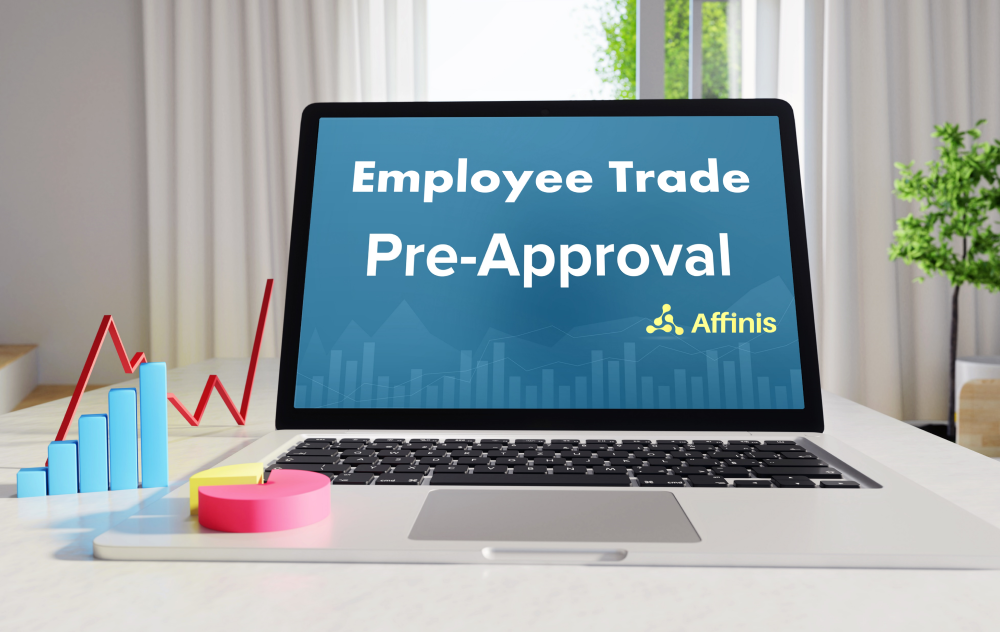Preventing insider trading is crucial to maintaining the integrity of the capital markets. Yet, despite the importance of this regulatory mandate, the terminology used to describe it can be confusing. Whether it is referred to as personal account dealing, personal account trading, employee trading controls, or trading pre-approval, the objective remains the same: prevent insider trading.
The employee trading pre-clearance process is a vital internal control mechanism for companies in India. The Securities and Exchange Board of India (SEBI) mandates this process to ensure that companies have effective policies in place to prevent insider trading. In this article, we will explore why the employee trading pre-clearance process is mandated and why it is essential for companies to comply with these regulations.
Employee Trading Pre-Clearance – What Is It?
The pre-clearance process, also known as pre-approval, is a critical step where employees request permission from their employers to purchase securities and other financial products. This process helps employers ensure that employees comply with regulations around insider trading, avoiding any potential conflict of interest with clients or causing reputational damage to the company. The pre-clearance process varies from company to company but generally involves submitting details of the intended trade, such as the security being traded, the number of shares, and the date of the proposed trade.
The compliance officer then reviews the information and determines if the trade can be executed without violating any insider trading regulations. If the trade is approved, the employee may proceed with the transaction. However, if the trade is not approved, the employee must refrain from executing the trade until the compliance officer provides further instructions. Employees must be aware of the consequences of trading without pre-clearance, which may include disciplinary action and legal consequences. This multi-step process ensures that every employee’s trade is scrutinized thoroughly and that the company stays compliant with regulations.
Why is Personal Account Dealing Approval Mandated?
SEBI mandates the employee trading pre-clearance process to ensure that companies have effective policies in place to prevent insider trading. Insider trading can be detrimental to the integrity of the market and can result in significant losses for investors. SEBI has implemented strict rules and regulations to prevent insider trading, and the employee trading pre-clearance process is an essential aspect of these regulations.
Companies that do not comply with SEBI regulations regarding insider trading risk facing significant penalties and reputational damage. By mandating the employee trading pre-clearance process, SEBI sends a clear message to companies that insider trading will not be tolerated, and that they must take steps to prevent it.
Why Is Personal Account Trading Pre-Clearance Important?
The employee trading pre-clearance process is essential for several reasons. First and foremost, it helps to prevent insider trading. Insider trading is illegal and can lead to significant losses for investors. By requiring employees to seek pre-clearance for their trades, companies can ensure that their employees are not using unpublished price sensitive information (UPSI), otherwise also known as material non-public information (MNPI) to trade. Secondly, the employee trading pre-clearance process helps to maintain the integrity of the market.
The market operates on the principle of a level playing field, where all investors have access to the same information. Insider trading disrupts this principle and can result in significant losses for investors who do not have access to the same information. Lastly, the employee trading pre-clearance process helps to protect the reputation of the company. Insider trading can damage the reputation of a company and lead to a loss of investor confidence. By implementing effective policies to prevent insider trading, companies can demonstrate their commitment to ethical business practices and maintain their reputation.
The pre-clearance process plays a vital role in ensuring compliance with SEBI’s insider trading regulations in India. The process helps employers prevent insider trading by ensuring that employees have clearance before they make a trade and that no conflict of interest exists. By mandating the pre-clearance process, SEBI aims to maintain market integrity and investor confidence. Implementing pre-clearance procedures and investing in the right tools, can help companies prevent unauthorized access to confidential information and mitigate the risks associated with insider trading.



